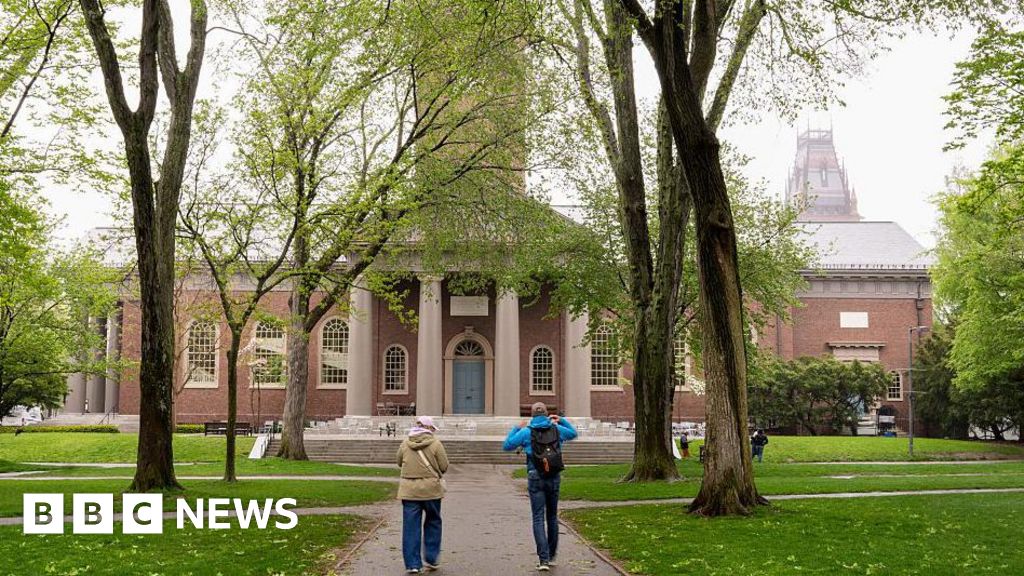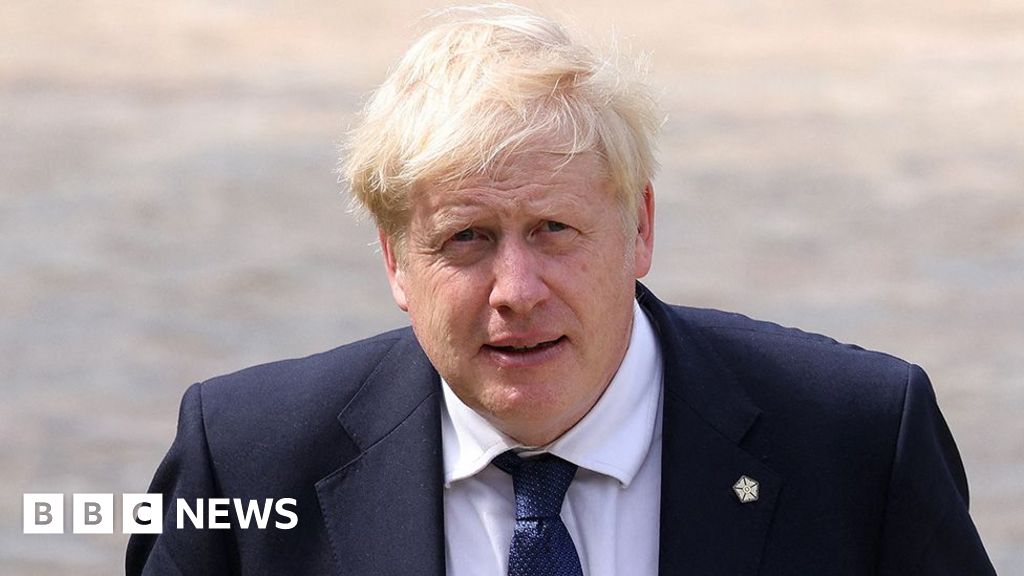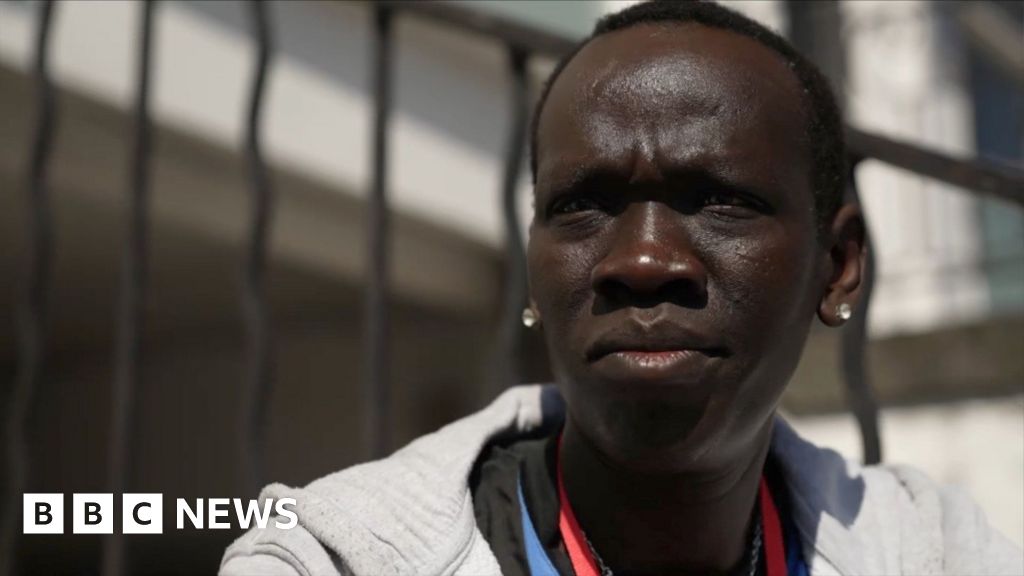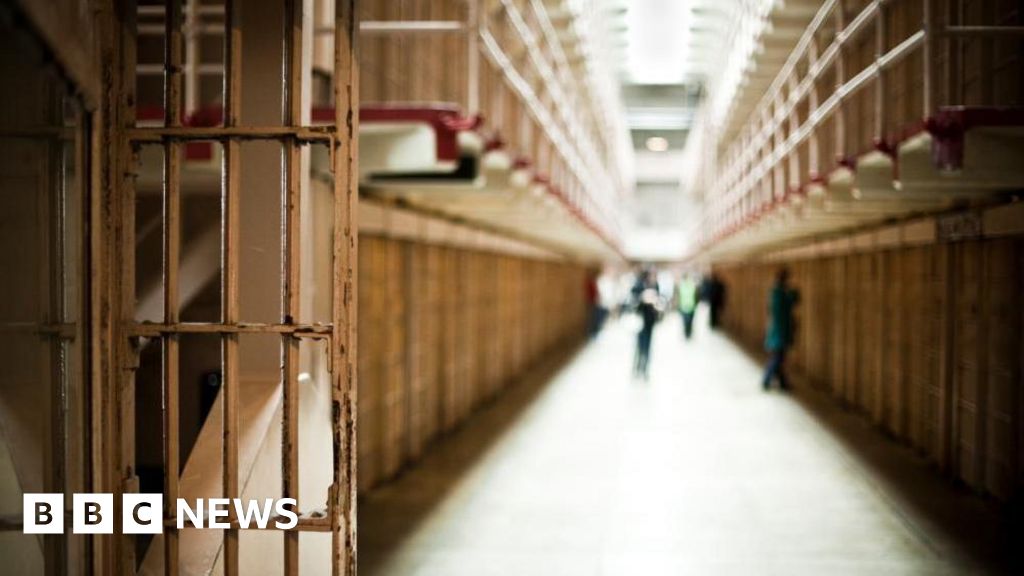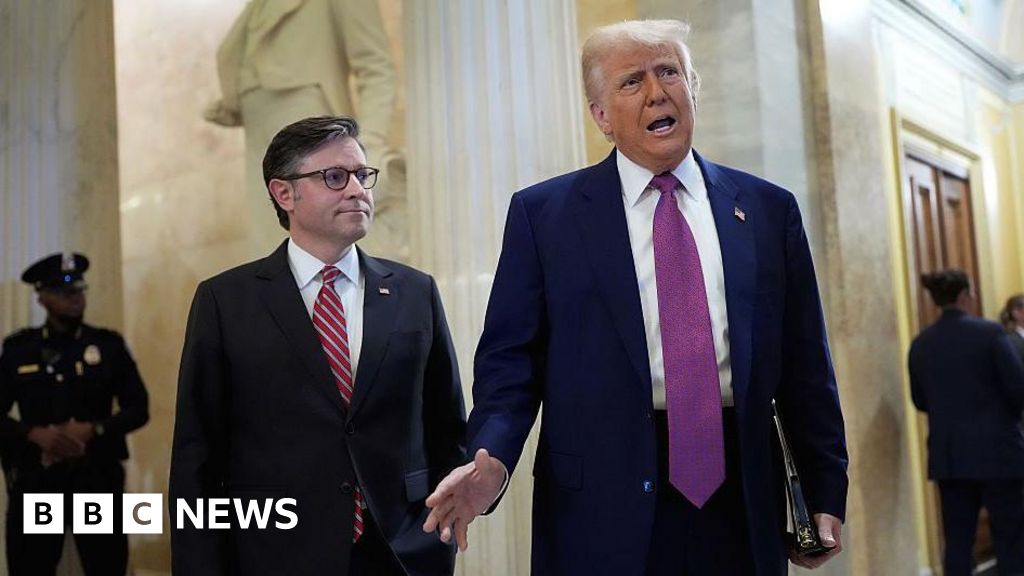Sima Kotecha
Senior UK correspondent
Prisoners in England and Wales, including some serious offenders, will be eligible for release after serving a third of their sentence under reforms.
Justice Secretary Shabana Mahmood told the Commons she accepted most of the proposals from an independent sentencing review, but stopped short of allowing the most serious offenders from being released early.
The major review, which was carried out by former Conservative Lord Chancellor David Gauke, suggested some serious violent and sexual offenders could be among those eligible for earlier release, which ministers rejected.
Shadow justice secretary Robert Jenrick labelled the plans a "get out of jail free card for dangerous criminals".
There had been concerns from some victims' groups that prisoners jailed on what is known as a standard determinate sentence, which includes sex offenders and perpetrators of domestic abuse, would be eligible for earlier release under the recommendations.
But Mahmood ruled out allowing the early release for the most serious offenders, saying they would continue to have to serve at least two-thirds of their sentence.
She also added that nobody jailed for terror offences would be eligible.
Mahmood said: "Judges give extended sentences to those they consider dangerous with no Parole Board hearing until two-thirds of time served and I will not change that."
She also confirmed the expansion of a small pilot scheme offering voluntary chemical castration to some sex offenders to 20 prisons in England after the report said that trial should continue.
Mahmood told MPs the government "will go further" and was exploring whether it would be possible to make chemical castration mandatory nationwide.
Jenrick condemned the early release plans as a "recipe for carnage" and accused the government of being "okay with criminals terrorising our streets and tormenting our country".
Responding, Mahmood said: "If the government he was a part of had ever been serious, they would have built more than 500 prison places in 14 years in office."
She said the prison population was now rising by "3,000 each year", with the system "heading back towards zero capacity".
Earlier, Gauke said it would not be possible to solve overcrowding by building new prison space alone.
He told Radio 4's Today programme that reducing sentences was "the right thing to be doing".
Last year, thousands of inmates were released early in an emergency measure to deal with prison overcrowding.
Eligible prisoners serving more than five years were automatically released after serving only 40% of their fixed-term sentence, rather than the usual 50%.
The government then commissioned the review to look into the causes of the crisis, and to consider alternative punishments to custodial sentences.
Gauke's early release recommendations are inspired by reforms to high-security, supermax prisons in the US state of Texas, which the BBC visited with Mahmood in February.
The model sees offenders progressing through three stages, with good behaviour rewarded by early release after completing a third of their sentence. If not, prisoners stay in jail until they have served 50%.
The review also called for:
- Offenders to be given short custodial sentences of less than 12 months in only exceptional circumstances, such as if they don't comply with court orders or to provide respite for victims of domestic abuse
- Suspended sentences to be allowed for up to three years, and for them to be used more for low-risk offenders with high needs, such as people with substance abuse issues or pregnant women
- Courts to have greater flexibility to impose fines or travel, driving and football bans
- More funding for the Probation Service - which supervises offenders serving community sentences or those released into the community from prison - and greater availability of electronic monitoring equipment like tags
The Domestic Abuse Commissioner for England and Wales, Dame Nicole Jacobs, said the measures would send "a clear message to domestic abusers that they can now offend with little consequence".
Campbell Robb, chief executive of prison support charity Nacro, said a move away from short jail terms towards community sentences "could be a genuine game-changer, interrupting the vicious cycle that traps people in prison".
However, Justice for Victims said said the review had not taken the views of those impacted by violent crime into account.
The campaign group said: "We welcome the extra investment and plans for new prison places from the Government. But there isn't any excuse for letting the worst offenders get out of prison even earlier."
Sign up for our Politics Essential newsletter to read top political analysis, gain insight from across the UK and stay up to speed with the big moments. It'll be delivered straight to your inbox every weekday.

 7 hours ago
6
7 hours ago
6
